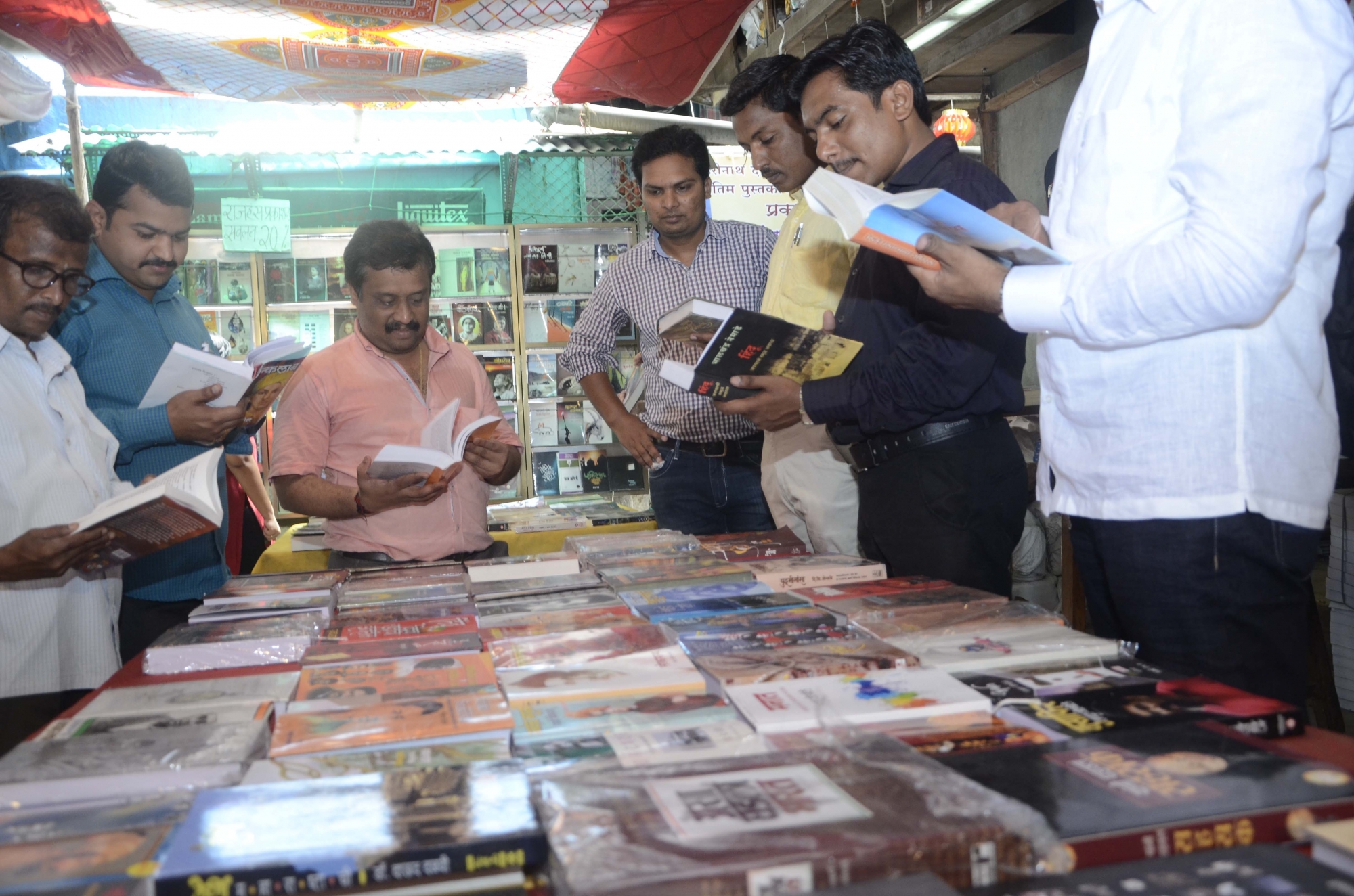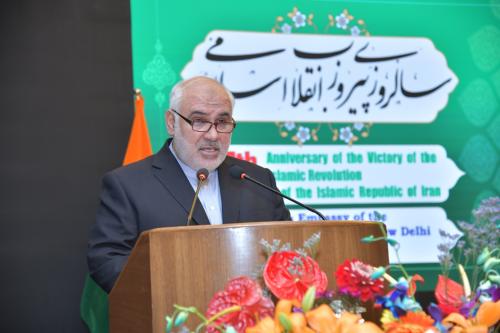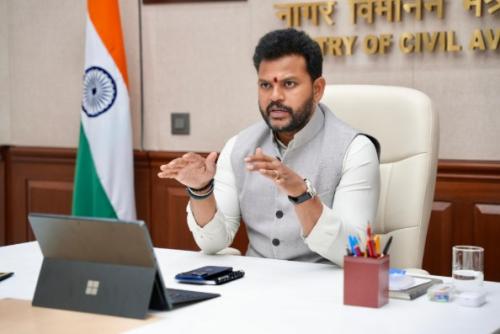BY VISHNU MAKHIJANI New Delhi, May 15 (IANS) Re-establishing the value chain, the discoverability of new books, "fortifying the ability to face new exigencies", sustaining reading as a habit and the emergence of a new genre of writing is what Indian publishers are looking at in a post-pandemic world and the lifting of the lockdown it has caused. "The challenges are many. The lockdown has affected the entire value chain from retailers to the publishers. With hardly any print books getting published for almost two months, it has affected the business of all retailers and damage is irreparable for some. Consequently it has hampered the margins and cash-flows to the distributors and the publishers," Yogesh Sharma, Senior VP, Sales & Marketing at Bloombsury, told IANS. Noting that healthy cash-flows are the key to investing in new content and authors, and "should the situation not improve soon, publishers will be forced to look at all their investments/expenditure conservatively most of them are already being cautious", he added. With no sign of bookshops in malls opening and much lower than normal footfalls expected in stores outside malls, online sales are likely to garner a much larger share of the market vis-vis the pre-lockdown period. Thus, "the overall discoverability of new books, which was already a challenge with limited bookshops, will suffer even more", Sharma pointed out. To prepare for the post-pandemic world, "it is advisable to fortify our faculties to face any new exigencies that may come up," Niti Kumar, SVP, marketing, digital and communications at Penguin Random House India, told IANS. Some of the key challenges "how to sustain reading as a habit with every generation, discovering and publishing new talent, widening our readership will continue to remain relevant irrespective of the times we are in", she added. One of the difficult challenges in the time ahead "is likely to be that the economy would be cash-strapped this is going to affect any consumer-facing industry, including publishing", Udayan Mitra, Publisher - Literary, at HarperCollins Publishers India, told IANS. Trisha Niyogi, CEO of Niyogi Books, pointed out that the world has seen any number of epidemics, pandemics, black death, world wars, recessions, great depressions and what not! It has survived Pearl Harbour, the Hiroshima Nagasaki holocaust and Auschwitz "and yet human civilization has always bounced back". "Hence, I guess the present predicament being over, whenever that happens, our publishing activities along with many other business and commercial enterprises, will also bounce back to normal. It may take a little time, a few months at best, but the business of books is not going to be dented seriously," Niyogi told IANS. A new genre of writing is also likely to emerge in a post-pandemic world. Contending that it is "the imperative of literature" to engage with the world around it, Meru Gokhale, Publisher, Penguin Press, Penguin Random House India, said: "I have no doubt that the writers of today will engage with this pandemic in the years to come." For some, it will be fiction, and many have said that these times are not too far from some of the dystopias that have been written about. Outside of dystopian and speculative fiction, "I think there is much to be mined here, perhaps even spawning sub-genres like lockdown romance, lockdown drama and lockdown crime." "I am sure there will also be no dearth of non-fiction that will reflect this age, and perhaps not always directly or exclusively. For example, I think books on business, politics, economy, healthcare and infrastructure will certainly have to update themselves for the post-pandemic world by adding layers and dimensions. "But we may need the benefit of hindsight, which will take a few years, to truly understand what we are faced with today, and when that happens, I look forward very much indeed to reading some comprehensive, nuanced and detailed works of narrative nonfiction that may help us at long last to come to terms with this," Gokhale told IANS. Concurring, Mitra of HarperCollins said: "We might see a fair number of non-fiction works dealing with different aspects of the pandemic, from medical, economic, or human interest perspectives; but I think we will also see new fiction emerge out of the pandemic experience and the global lockdown since the Covid onslaught is most certainly a life-changing event, like the Holocaust or 9/11." And yet, there will be continuity. "We can expect (or hope) the post-pandemic world to be a little quieter and more self-reflective, which might mean that people will turn to literature to make sense of the world more than they did before," Himanjali Sankar, Editorial Director at Simon and Schuster, told IANS. "Books that help us understand ourselves a little better might be what we prefer going forward - self-help and healing, medicine and healthcare. Or if it all seems too overwhelming one might turn to fiction that takes us completely away from our present reality - thrillers, fantasy, romance," Sankar added. Non-fiction books dominated the Indian market before the pandemic and while these are seen as more dependable with a definite audience, "what we most likely will see is a growth spurt in certain genres within the category", Milee Ashwarya, Publisher, Ebury Publishing & Vintage Publishing at Penguin Random House India, told. "I feel books related to self help, mind body spirit, health, lifestyle, popular science, parenting, and business will be sought after by readers. We are already seeing these trends emerging and I feel it will develop further in the coming months," Ashwarya added. (Vishnu Makhijani can be reached at vishnu.makhijani@ians.in)












